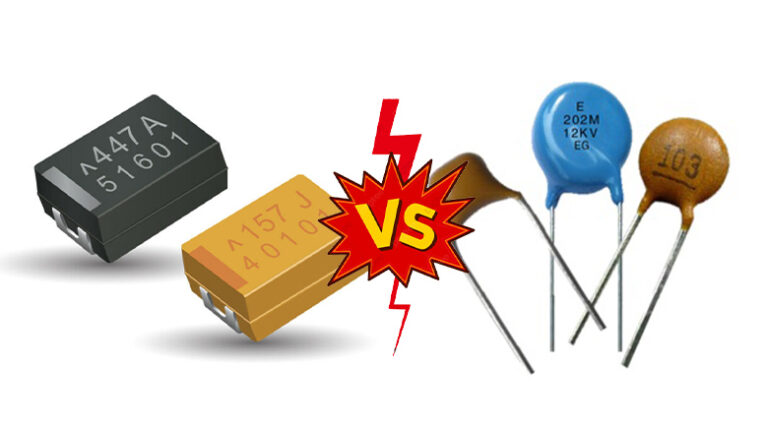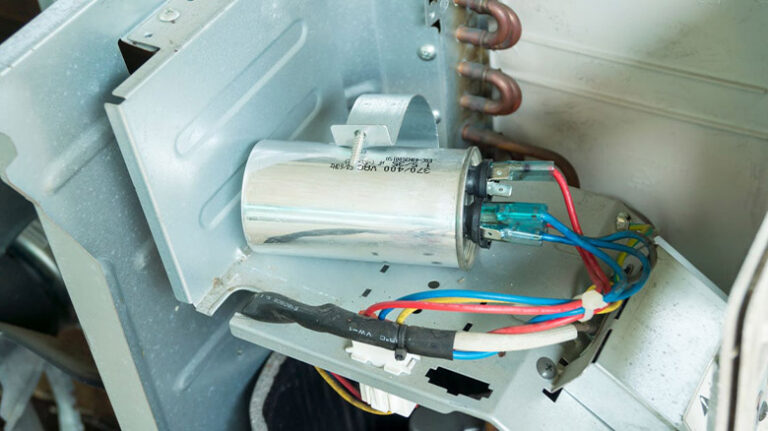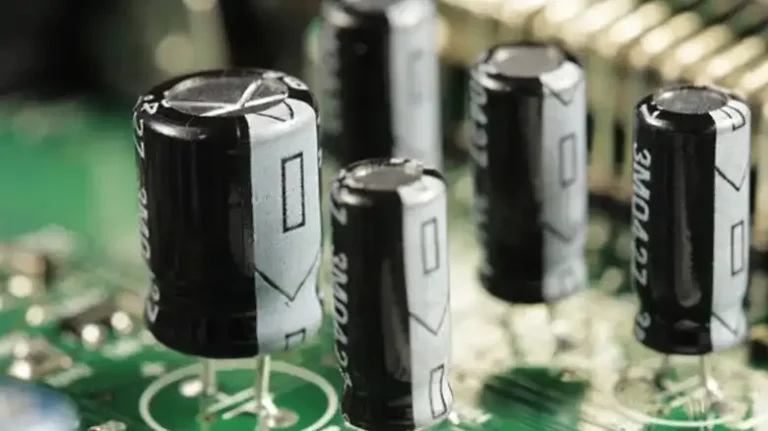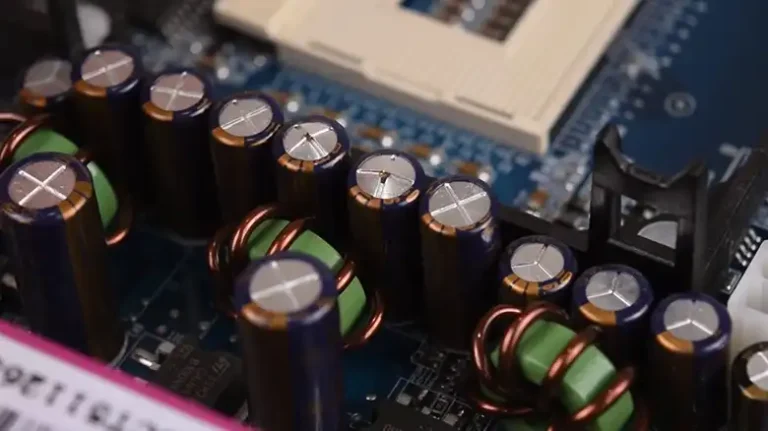How to Dispose of Capacitors | Recycle Your Capacitors
A capacitor, an essential component of most electronic items, can be recycled, but it’s not as simple as setting it out for recycling pickup. Capacitors are often made of a lot of metal. This is where your capacitor’s recycling comes in. You may be able to recycle your capacitor depending on the sort of metal it contains.

To recycle your capacitor, take it to an electronics recycling facility and check if they would accept it. You should be able to find a metal recycler that accepts capacitors in your region. Not all metal recyclers accept capacitors, but those that do are usually equipped to detect oil contamination.
How to Dispose of Capacitors?
Because capacitors are designed to store electricity, you must take precautions while removing the one you wish to dispose of. To avoid being shocked, make sure the electronic item has been unplugged for at least 48 hours. This should give any unused power time to evaporate.
If you’re recycling an air conditioner capacitor, you should also wear goggles and acid-resistant gloves because they may contain freon. Despite having an environmentally benign approach, disposing or recycling generally results in international transportation and dumping the gadgets in pits.
Can Capacitors Go into General Waste?
Many people are unaware that when outdated capacitors reach the end of their useful life, they should never be thrown away in general waste. This is due to the fact that electrical equipment frequently contains a number of dangerous compounds. Thus, they have an influence on the environment and human health.
Are Capacitors Hazardous Waste?
The oil and PCB in capacitors are hazardous wastes. Capacitors must be removed from major appliances.
Many capacitors contain oil. It should be removed for best practices in order to securely recycle the metal present in the capacitor. Some older oil-filled capacitors contain polychlorinated biphenyls (PCBs). If there is any oil residue on the metal, it can contaminate the recycled metal.
How Do You Dispose of Capacitors and Resistors?
Small capacitors, like resistors, are normally discarded as conventional waste. E-waste recycling centers will accept these components for recycling. PCBs (polychlorinated biphenyls) are harmful and should be treated as hazardous waste in oil-filled capacitors.
Here are 5 ways you can follow to safely dispose of resistors and capacitors:
- Give back to electronic companies and drop-Off locations.
- Civic institutions can help you a lot in this case.
- Donate the outdated resistors and capacitors to either an NGO or students.
- You can use internet sites like Craigslist and eBay, or you can hold a garage sale to get rid of your old equipment while also earning some money.
- Give the outdated resistor and capacitor to a certified E-waste recycler. Hence, you need to find an e-waste recycler who is officially certified by the Basel Action Network (BAN).
What Capacitors Are Worth Scrapping?
MLCC, silver mica capacitors, and Tantalum capacitors are worth scrapping for silver and palladium recovery. Electrolytic capacitors are normally made from one of three different materials: aluminum, tantalum, and niobium. Aluminum is one of the most profitable items to scrap.
You should look into such capacitors on eBay or elsewhere to check the scrap value of your capacitor. Rubycon capacitors range in price from $1 to $15, depending on the kind. Other larger branded capacitors are of comparable value.
Are There PCBs in Capacitors?
PCBs are widely utilized in capacitors used in the electrical industry, as well as a variety of other items. Electric motors, welders, and fluorescent lights all use smaller PCB-filled capacitors. They typically contain roughly 50g of PCB.
Running capacitors have rectangular or oval metal enclosures. An oil-filled capacitor made after 1979 may have the words “NO PCBs” stamped on its housing. These are filled with oil that does not contain PCBs and can be disposed of as a starting capacitor.
Why Do Old Capacitors Explode?
If a high voltage larger than the rated voltage is applied across the capacitor, the capacitor will finally burst. Because the dielectric strength will deteriorate when the rated voltage is crossed. Electrolytic capacitors fail because of electrolyte leakage or vaporization. This can be induced by operating heating.
Today, electrolytic capacitors use a variety of liquid electrolytes. At temperatures of up to 85°C, electrolytes comprising ethylene glycol (EG) or boric acid are primarily utilized in medium to high-voltage electrolytic capacitors. Hence the tendency of exploding increases as the capacitor gets old.
Frequently Asked Questions
Are capacitors toxic?
People utilize a variety of electrolytic capacitors, some of which are potentially harmful. Because they contain boric acid and salicylic(sp) acid, they are all corrosive or toxic.
Conclusion
Lead, cadmium, beryllium, mercury, and brominated flame retardants are all present in electronic garbage. The improper disposal of gadgets and electronics increases the likelihood of these toxic substances. Thus, the land gets contaminated, the air gets polluted, and water bodies get seeped into.


![[Explained 4 Facts] Do Capacitors Expire?](https://www.electronicstalk.org/wp-content/uploads/2023/09/do-capacitors-expire-768x431.webp)

![[Answered] What Is The Shelf Life Of Capacitors?](https://www.electronicstalk.org/wp-content/uploads/2023/12/What-Is-The-Shelf-Life-Of-Capacitors-768x431.webp)

